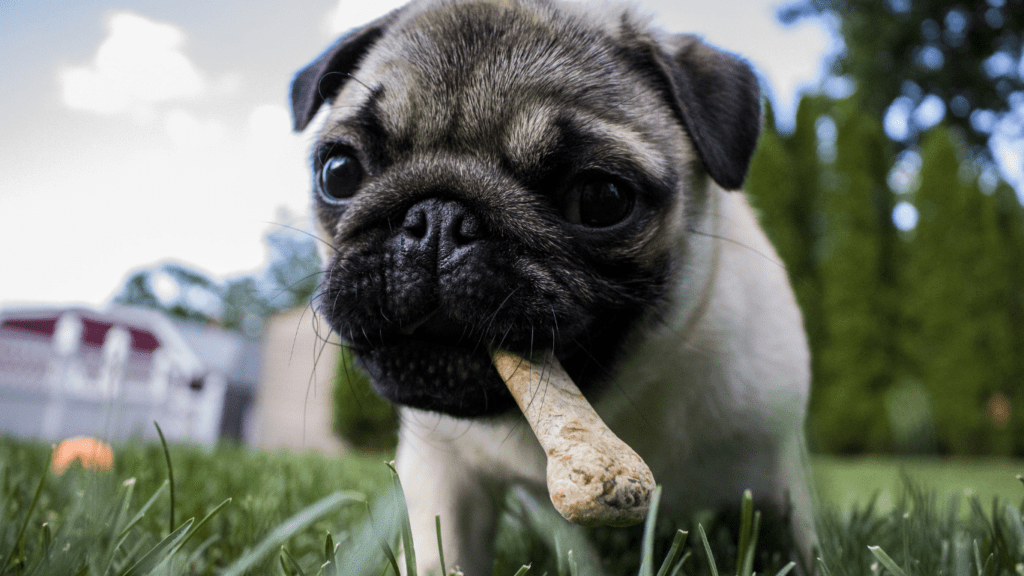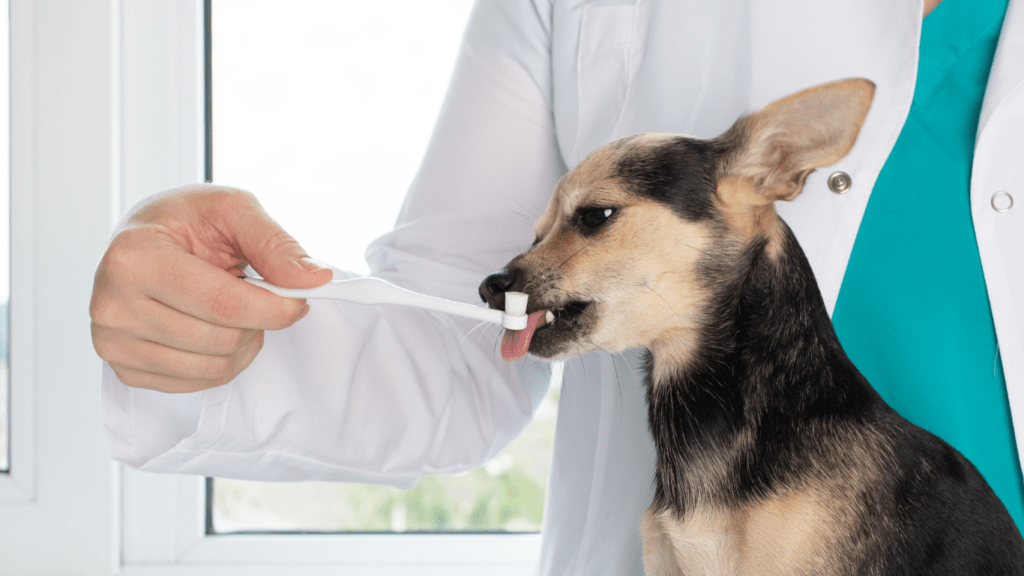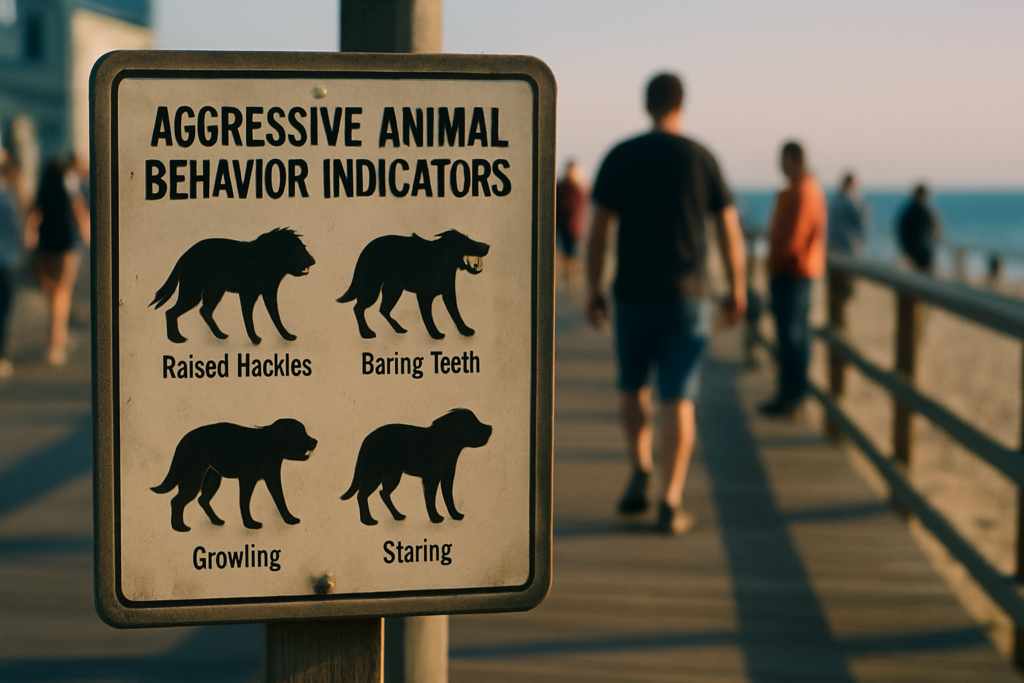Understanding the Importance of Dental Health in Pets
Dental health is vital for pets as it impacts their overall well-being. Neglecting dental care can lead to severe health problems.
Why Dental Care Is Crucial for Pets
Dental care prevents infections and other oral diseases. Gum disease, common in pets, can result in tooth loss without proper care.
Poor dental hygiene can also lead to bacteria entering the bloodstream, affecting vital organs such as the heart, liver, and kidneys. By maintaining good dental health, pets experience less pain, eat better, and enjoy a higher quality of life.
Signs of Dental Problems in Pets
Detecting dental issues early can prevent serious complications.
Common signs include:
- Bad Breath: Persistent foul odor may indicate periodontal disease.
- Red, Swollen Gums: Inflammation can signal gingivitis or infection.
- Difficulty Eating: Pets with dental issues may drop food or chew on one side.
- Excessive Drooling: Increased saliva can point to oral discomfort.
- Loose or Missing Teeth: This suggests advanced dental disease needing prompt attention.
Regularly observing these signs helps ensure pets receive timely dental care.
Simple Steps to Keep Your Pet’s Teeth Clean
Maintaining your pet’s dental health doesn’t have to be complicated. With consistent care and the right tools, you can ensure your pet’s teeth stay clean and gums remain healthy.
Regular Brushing Techniques
Regular brushing is crucial for preventing plaque buildup and gum disease. Brush your pet’s teeth at least two to three times a week, using a pet-specific toothbrush and toothpaste.
Begin by introducing your pet to the taste of the toothpaste. Once they’re comfortable, gently lift their lips and brush in small, circular motions. Focus on the gum line to remove plaque effectively. Give your pet positive reinforcement and treats to make brushing a positive experience.
Choosing the Right Dental Products
Selecting the right dental products makes a significant difference in maintaining your pet’s oral hygiene. Use toothbrushes designed for pets, which have softer bristles and properly sized heads.
Use pet-safe toothpaste, as human toothpaste can be toxic to animals. Incorporate dental chews and toys that help reduce plaque and tartar. Look for approved products from organizations like the Veterinary Oral Health Council (VOHC) to ensure they’re effective and safe for your pet.
Diet and Supplements for Dental Health

A pet’s diet plays a crucial role in maintaining dental health. Proper nutrition and targeted supplements can significantly improve oral hygiene.
The Role of Nutrition in Dental Care
A balanced diet helps maintain strong teeth and gums. Dry kibble, for example, can help reduce plaque buildup by mechanically cleaning the teeth.
Incorporating raw fruits and vegetables, like carrots and apples, aids in naturally cleaning teeth and providing essential vitamins. Avoid sugary treats as they contribute to tooth decay and gum disease. Specially formulated dental diets contain ingredients that actively combat plaque and tartar.
Recommended Supplements for Strong Teeth
Supplements can support dental health by providing necessary nutrients. Dental chews, such as ones infused with enzymes, help reduce plaque and freshen breath when used regularly. Antioxidant-rich supplements strengthen gums, reducing inflammation and supporting overall oral health.
Probiotics maintain a healthy balance of bacteria in the mouth, preventing the growth of harmful bacteria. Always consult a vet before introducing new supplements to ensure they’re safe and suitable for your pet.
Professional Dental Care for Pets
Professional dental care is vital to maintaining your pet’s overall health. Regular veterinary dental check-ups can identify problems early and prevent serious health issues.
When to Consider Professional Cleaning
- Consider professional cleaning if your pet shows signs of dental problems like persistent bad breath, difficulty eating, or visible tartar buildup.
- Pets generally need a professional dental cleaning once a year, but some breeds might need it more often due to genetic predisposition to dental issues.
- Always consult your vet to determine the best schedule for your pet.
What Happens During Professional Dental Treatments
Professional dental treatments for pets involve several steps. Vets usually start with a thorough oral examination to assess the condition of the teeth and gums.
They then use ultrasonic and hand scalers to remove plaque and tartar from both above and below the gum line. After cleaning, the vet polishes the teeth to smooth surfaces and delay future plaque buildup.
In advanced cases, extractions or other dental procedures may be necessary to maintain oral health. Anesthesia ensures your pet remains comfortable and still throughout the procedure.


